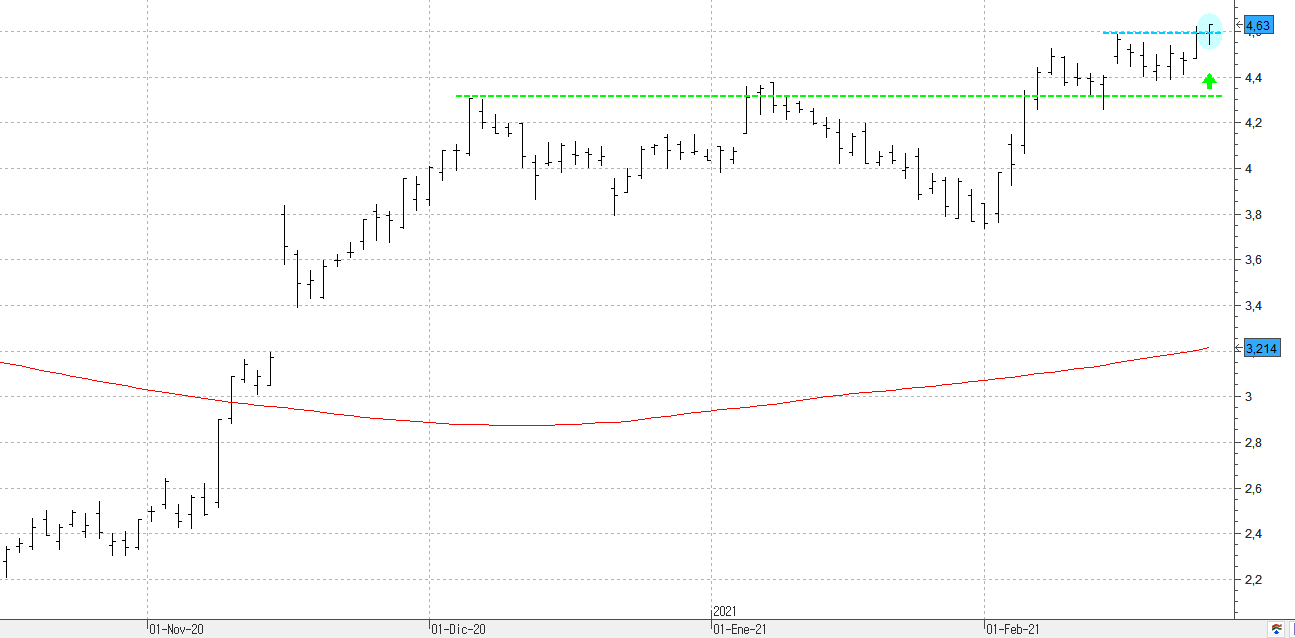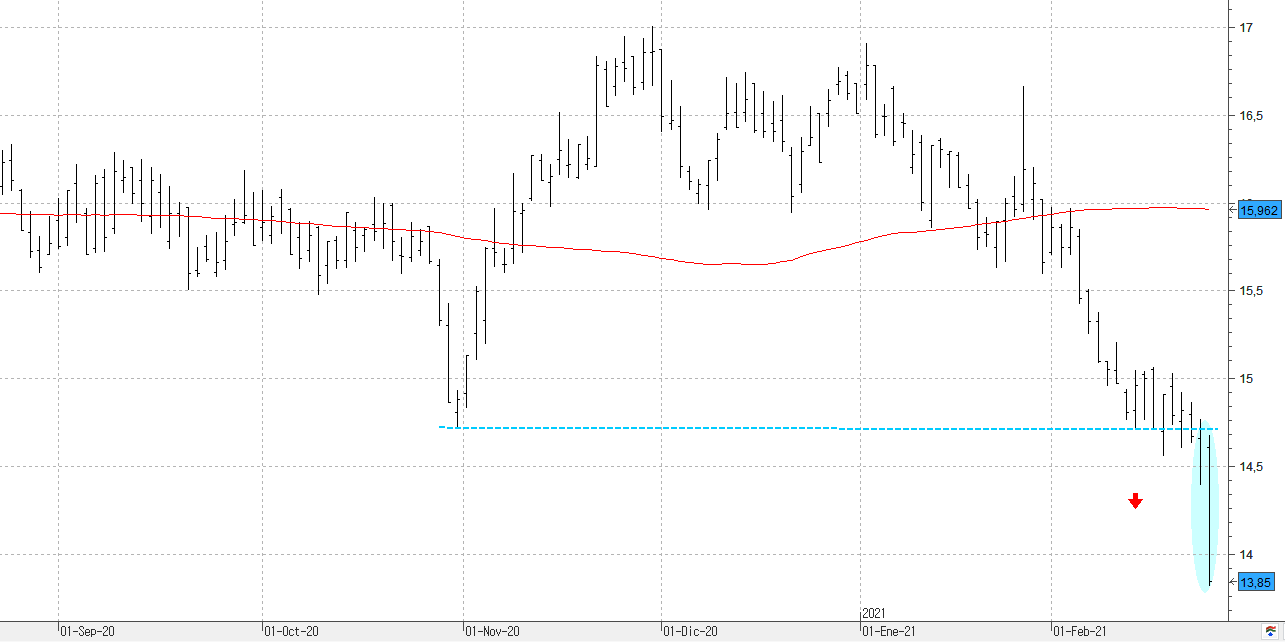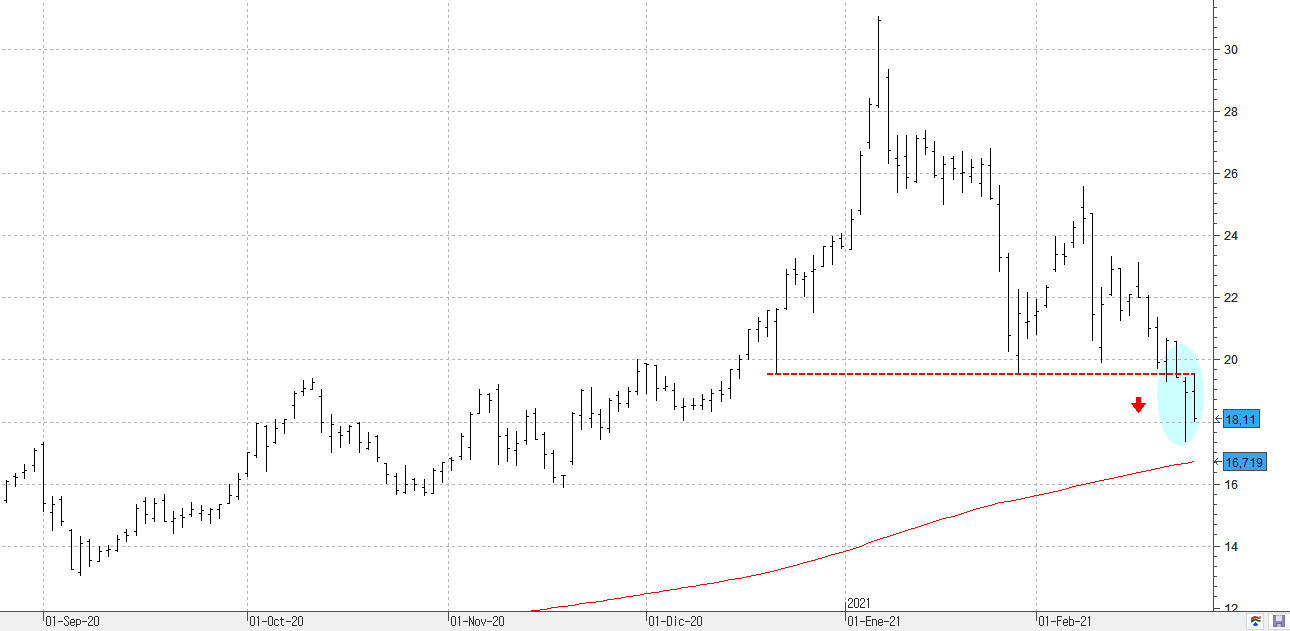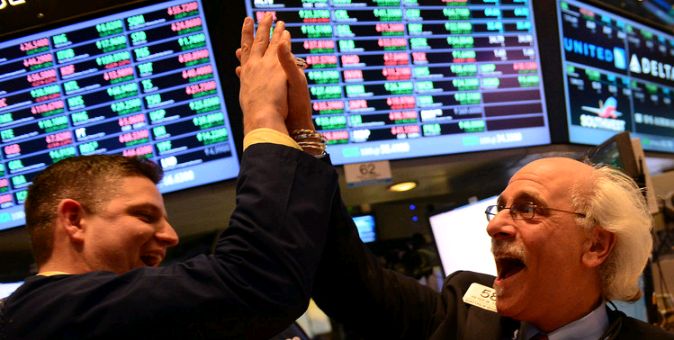Pfizer-BioNTech Shot Could Help End Pandemic, Israel Study Shows
People receive a dose of the Pfizer-BioNTech Covid-19 vaccine in Tel Aviv on Jan. 4. Photographer: Kobi Wolf/Bloomberg
LISTEN TO ARTICLE
4:41
SHARE THIS ARTICLE
In this article
PFEPFIZER INC33.75USD-0.16-0.47%
BNTXBIONTECH SE-ADR114.17USD+2.20+1.96%
1217748DNEW ENGLAND JOURNAL OF MEDICPrivate Company
862807ZUNIVERSITY OF NEW SOUTH WALEPrivate Company
TWTRTWITTER INC71.92USD-1.25-1.71%
Pfizer Inc. and
BioNTech SE’s Covid-19 vaccine was overwhelmingly effective against the virus in a study that followed nearly 1.2 million people in Israel, results that public-health experts said show that immunizations could end the pandemic.
Two doses of the vaccine prevented 94% of Covid-19 cases in 596,618 people vaccinated between Dec. 20 and Feb. 1, about one-quarter of whom were over the age of 60, teams from the
Clalit Research Institute and
Harvard University reported in a study published Wednesday in the New England Journal of Medicine.
The researchers matched each vaccinated person with someone who hadn’t gotten a shot, enabling the best analysis yet of whether extremely good results from an earlier clinical trial would hold up in the real world. The Pfizer-BioNTech shot cleared every hurdle. It was so effective, in fact, that outside experts said that with broad enough use it may be possible to halt the pandemic.
“This is the kind of vaccine that gives us hope that herd immunity may be possible,” said Raina MacIntyre, a professor of biosecurity at the University of New South Wales in Sydney who wasn’t involved with the study. At the levels of efficacy seen in Israel, she said, vaccinating about 60% to 70% of the population should be enough to prevent infections as well as illness and death and “have the best chance of resuming normal life and opening up society.”
Transmission Prevention
After two doses, the vaccine was just as effective for adults age 70 and older as it was for younger people. There were indications that the shot might work slightly less well for people who were sick with three or more other illnesses, such as high blood pressure and diabetes. But the benefit remained strong, with 89% protection from Covid symptoms seven days after the second dose.
And for most people, protection was already significant two to three weeks after the first dose.
The results were also positive for another closely-watched feature: prevention of transmission. Though the research team noted that the study wasn’t designed to study transmission, because participants weren’t proactively tested, there did seem to be an effect: 92% of all documented infections, including those that were asymptomatic, were prevented among vaccinated people.
“We are able to get a real-world measure of vaccine effectiveness,” said
Ben Reis, a co-author of the study who’s director of the predictive medicine group at Boston Children’s Hospital and Harvard.
It was the largest study yet to quantify the impact of the vaccine outside the rigorous confines of a randomized, blinded clinical trial aimed at measuring effectiveness for regulators. That gave researchers a chance to see whether any deviance from vaccination schedules or logistics issues for the shot, which has to be stored frozen, would change outcomes.
Variant Data
Importantly, by the end of the surveyed time period, as many as four-fifths of the infections in Israel were of the more infectious virus variant first identified in the U.K. That gave more information that had been missing from results of the vaccine’s clinical trial, which was conducted before the variant began spreading widely.
The new study results suggest “the vaccine offers at least some protection from that variant too,” said
Zoe McLaren, an associate professor in the School of Public Policy at the University of Maryland, Baltimore County. McLaren, who wasn’t involved with the study, said some sources of bias, such as differences in testing rates or exposure risk, might remain between those who had been vaccinated and those who hadn’t. But the conclusion remains unchanged, McLaren said.
“It’s all very good news,” she said. “The implications of this study are clear: high levels of vaccination in the population will reduce transmission and keep cases low.”
MEASURE OF EFFECTIVENESSONE DOSETWO DOSES
Documented infection with Sars-CoV-2 | 46% | 92%
Symptomatic Covid-19 | 57% | 94%
Hospitalization | 74% | 87%
Severe disease | 62% | 92%
The study is the latest in a series of
positive results out of Israel, which has the world’s highest rates of Covid-19 vaccination. In an effort to get as good a comparison as possible, organizers sought to pair each vaccinated person with someone as similar as possible who was unvaccinated.
For example, an ultra-Orthodox Jewish man from a certain neighborhood, with a certain number of influenza immunizations in the past five years and two other medical conditions would be matched with an ultra-Orthodox man of roughly the same age, the same neighborhood, and with the same number of previous vaccinations and medical conditions, said
Noa Dagan, director of data and AI-driven medicine at Clalit.
“It is very, very specific in order to make sure it’s really what we call exchangeable,” Dagan said. “As you can imagine, this process is not that easy.”




